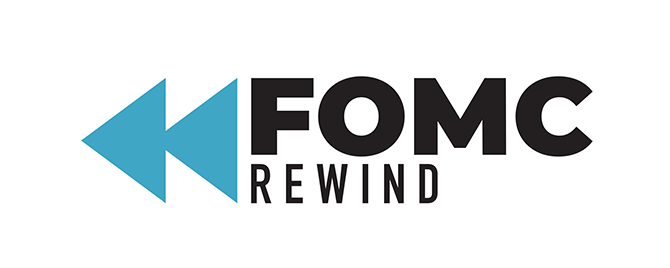The Federal Open Market Committee (FOMC) raised the target range for its short-term policy rate, the federal funds rate, 0.75 percentage points at its July meeting, and said it remains highly attentive to inflation risks.
In its meeting statement, the FOMC reiterated that inflation remains elevated, reflecting supply and demand imbalances related to the pandemic, higher food and energy prices, and broader price pressures. It said Russia’s war against Ukraine and related events are creating additional upward pressure on inflation and are weighing on global economic activity.
In addition to raising the policy rate, the FOMC said it will continue reducing its holdings of Treasury securities, agency debt, and agency mortgage-backed securities as described in the Plans for Reducing the Size of the Federal Reserve’s Balance Sheet. The policy statement also reaffirmed that the FOMC is strongly committed to returning inflation to its 2 percent objective.
The FOMC said it will continue to monitor incoming information to assess the appropriate stance of monetary policy and will be prepared to adjust the stance as appropriate if risks emerge. The FOMC will take into account a wide range of information, including readings on public health, labor market conditions, inflation pressures and inflation expectations, and financial and international developments.
What does this mean for you? Let’s rewind.
July 2022 FOMC Rewind
Quick explainer for the July 2022 FOMC decision (video, 1:14 minutes).
Transcript
Derrick: What’s the latest on the economy, Mollie?
Mollie: Well, inflation is still the hot topic, especially for the Fed. So they raised interest rates 3/4 percentage point.
Derrick: Didn’t they do that last time?
Mollie: Yeah, they’re working on one of their main goals, to stabilize prices. So they plan to raise rates until the economy cools down enough.
Derrick: How cool is “enough”?
Mollie: Well, enough to push down demand to be more in line with supply.
Derrick: So, are we headed for a recession?
Mollie: It doesn’t look like it now, with the job market so strong—there are still more jobs open than workers to fill them.
Derrick: So is that bad for the economy?
Mollie: No, it just means there’s room for things to become more balanced.
Derrick: How will the Fed know if they get it right?
Mollie: They’ll look at how prices and consumers react, how the job market adjusts, and all sorts of other data.
Derrick: They have their work cut out for them!
Mollie: Yeah, the Fed is keeping an eye on it all.
Derrick: Then I’ll keep an eye on the Fed!
You may also be interested in:
The views expressed here do not necessarily reflect the views of the management of the Federal Reserve Bank of San Francisco or of the Board of Governors of the Federal Reserve System.
